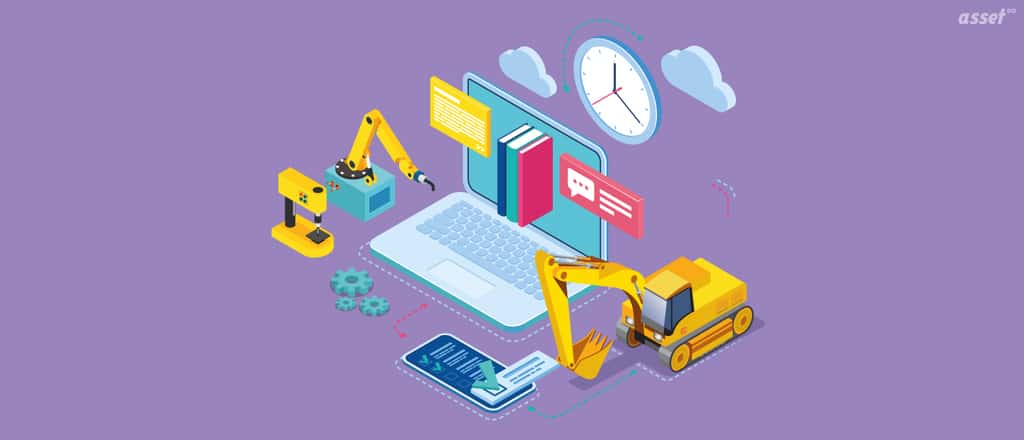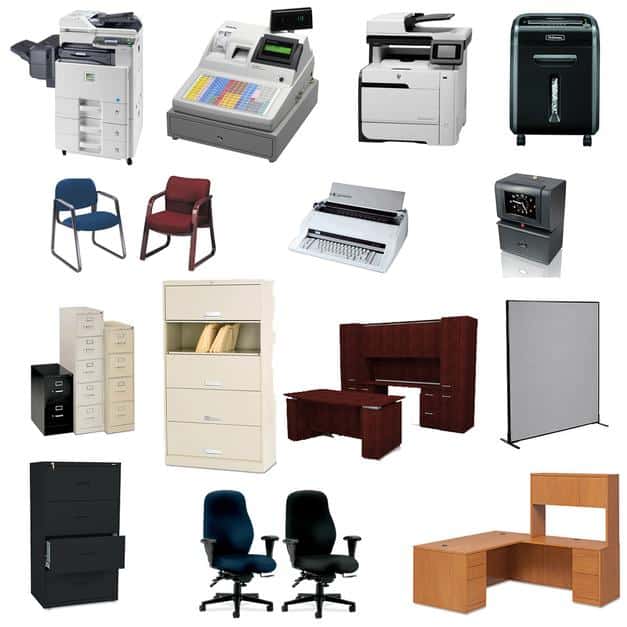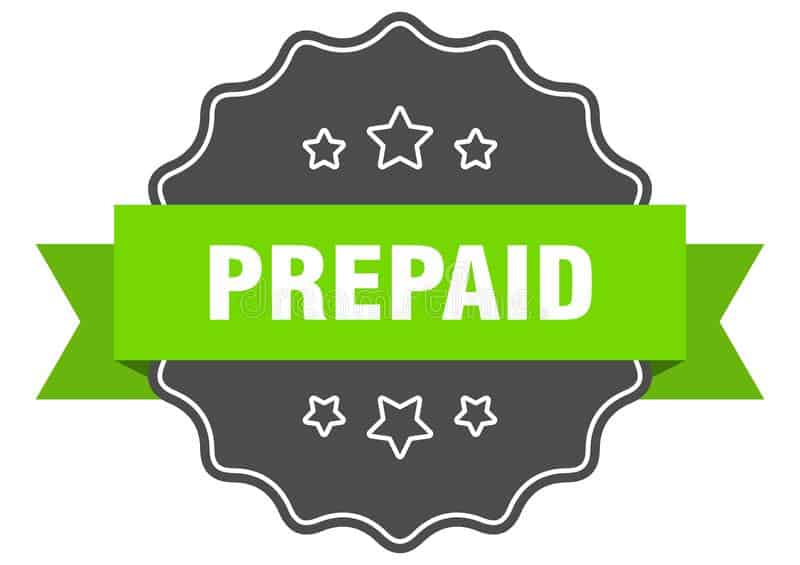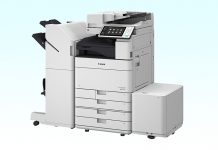Assets are a seemingly simple concept. But as they are presented on a balance sheet, all of a sudden their complexity is more evident.
Property and Equipment
When your business purchases an item to use that has life of more than a year, it is generally considered an asset.

It is carried at cost on your balance sheet and is expensed over the time of its useful life. The balance sheet is a “holding place” to put the asset. As the asset is expensed, the asset’s value on the balance sheet is reduced accordingly.

The most common assets are desks, chairs, automobiles and equipment. Equipment may range from lawnmowers to vehicle assembly robots. The purchase of land with a building for your store to operate is also considered an asset. If land does not contain oil or some other extractable mineral, it will never be an expense item. Land cost is allocated a portion of the purchase price and remains on the balance sheet at that cost until sold.

Cash and Investments
Cash appears to be self-explanatory. But are you aware that certificates of deposit maturing soon are also considered cash? There may also be a cash component to investment accounts.
Investments include stock, bonds and virtually any item held for investment. The key to this category is intent.

A purchase of land with a building is an asset listed under property and equipment on the balance sheet if you use it as a retail store. But the same purchase held strictly for resell purposes is an investment. ABC Company repurchasing their own stock is an equity transaction in lieu of an investment. ABC Company purchasing DEF Company stock is an investment.
Inventory
Ideally inventory is the equivalent of retail items held for sale or resell. This category is not limited to just those items. What about an office supply inventory of items your staff uses internally?

Or a vehicle parts company may have an inventory of used products held for rebates from a recycling company. An inventory of anything that will not be used within a year’s time may be presented in this category of the balance sheet.
- What Is Aromatherapy Vs. What Are Essential Oils?
- What is La Tomatina in Bunol, Spain Like? What to Expect at the Famous Tomato Throwing Festival
Intangible Assets
Assets that do not possess any physical characteristics are called intangibles. If you purchase a business with $10,000 in assets for $50,000, the remaining $40,000 is called goodwill. Since you cannot see or touch goodwill, it is considered an intangible asset. Patents, copyrights, and trademarks are other common intangibles.

Again, the key is the multi-year life of the asset.
Prepaid Assets
Your business insurance is due. One option is to receive a 20% discount by prepaying three years. Obviously, you cannot expense all three years in the year of payment. The result is a prepaid asset.

Prepaid assets are commonly confused with certain liabilities. For example, tenant rental deposits are a liability in lieu of an asset because you owe the money to other parties. Whereas you are owed insurance services in the first example.
Book Value Versus Tax

The rate at which assets are expenses is different for tax purposes than it is for formally presented corporate financial statements. Differing sets of governing rules comprise the differences. Tax motives generally favor a short write off or expensing period to maximize deductions and reduce tax liability now versus later.
Financials usually support an objective of evenly presented or comparably presented periods of financial information. So an even write off over the useful life of assets is preferred. Again, the intent is the governing factor.
Summary

Now you are aware of what may be classified as an asset. Often times it is more than just a simple classification. Intent, purpose and use must be considered. Because the same asset may be classified several different ways depending on use and intent, it is important to inquire.
For More Information
Visit the Internal Revenue Service website at: http://www.irs.gov . Publication 551 entitled “Basis of Assets” is available there. A variety of information concerning all the taxing aspects of assets is also available.


















